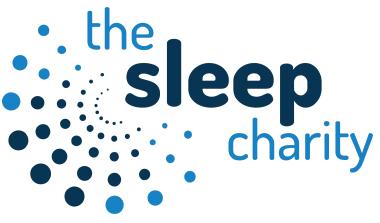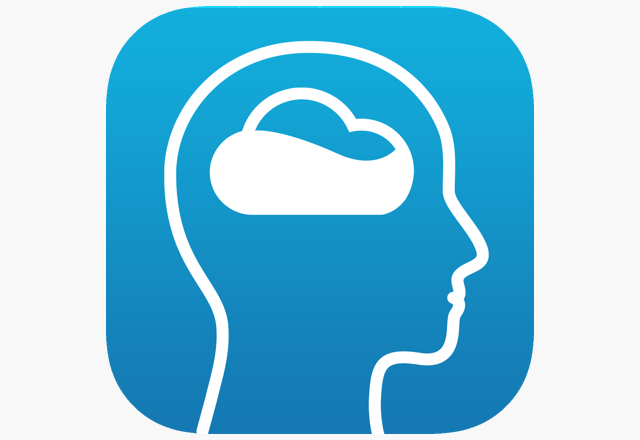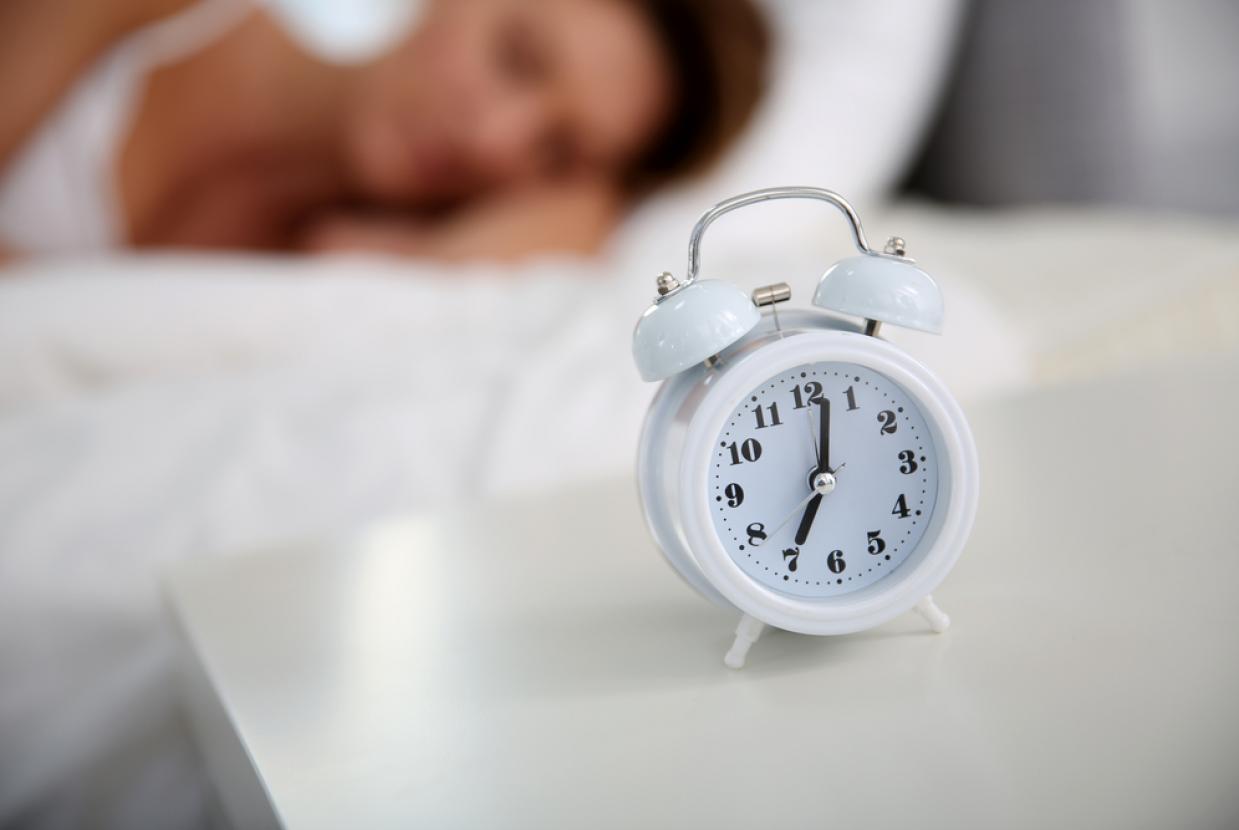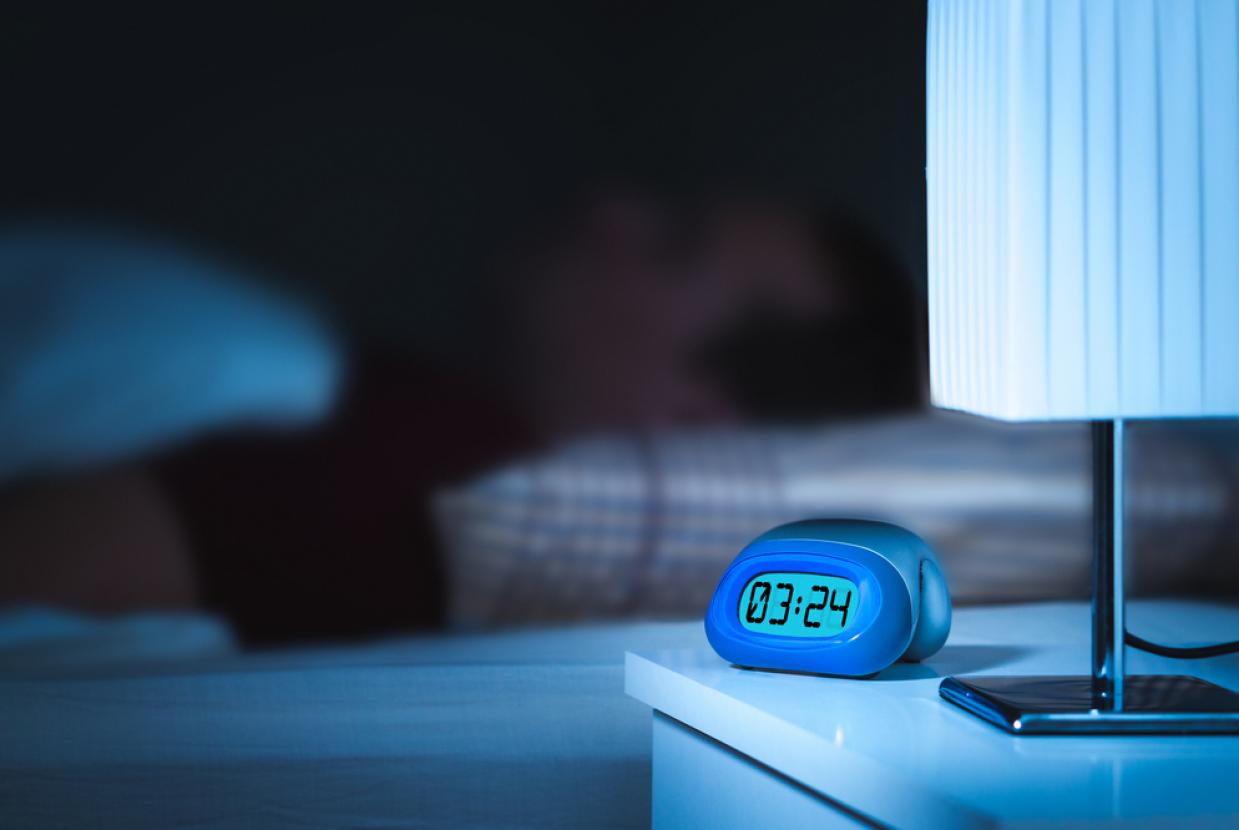The True Cost Of Shift Work
Sleeping BetterShift work is a reality for a significant portion of the workforce, with around one in five people in the UK working shifts and about three million working night shifts.
However, the unique needs of shift workers are often not taken into account, which can lead to biological, psychological, and social costs.
One key aspect that impacts shift workers is their circadian rhythm, which is our body’s internal clock that operates on a 24-hour cycle. Circadian rhythms are not just about sleep, but they also impact other bodily functions such as blood pressure, appetite, and immune function. When we wake up at the same time every day, our circadian rhythm functions efficiently, ensuring that everything in our body operates in sync.
However, shift workers who do not have this opportunity face the stress of having their entire system out of sync, which can lead to a range of health issues. Shift workers often have disrupted sleep patterns, with night-time sleep being shorter and more difficult due to factors such as noise and light.
In addition, shift workers produce less melatonin, which is the sleep hormone and also has antioxidative properties. Night work has been classified as a probable carcinogen due to the increased risk of breast and colorectal cancer.
The burden of shift work falls disproportionately on lower-income families, making them more vulnerable to the biological costs of shift work.
Employers can play a crucial role in supporting shift workers in managing their sleep habits and promoting their well-being. For instance, employers can provide education and training to help shift workers understand the importance of circadian rhythms and develop positive sleep habits. They can also offer flexibility in scheduling shifts, provide comfortable sleeping environments, and limit noise and light during night-time shifts.
Shift work is not going away, and it is essential for employers to recognise the unique needs of shift workers and provide support to help them manage their sleep habits.
By doing so, employers can help reduce the burden of shift work on workers’ physical and mental health, and promote overall well-being!














































